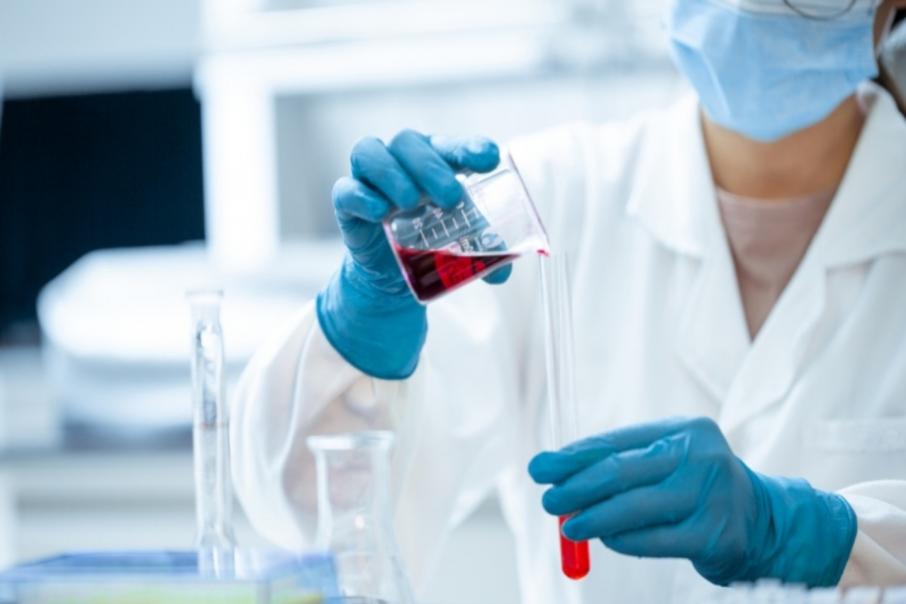

The impact on individual gardeners is unknown - diseases caused by PFAS exposure can be diagnosed years later - but in July a team of New York University researchers estimated forever chemicals could saddle the current U.S. Unloading sludge on others enables sewage districts to save money on disposal costs.

Just because forever chemicals are found in sludge “is not a reason to forego beneficial reuse including by home gardeners,” the district said in an email response that added local officials and others in the sewage treatment industry are awaiting guidance from the EPA. Through a spokeswoman, MWRD officials canceled a scheduled interview with the Tribune and asked for questions in writing. Treatment plant operators aren’t even required to routinely test for the chemicals. “These results may also have important implications with respect to the potential routes of (PFAS) exposure in humans who might have repeatedly used (sludge) to fertilize their home gardens.”īecause forever chemicals remain largely unregulated, there is nothing preventing the MWRD and other sewage districts across the nation from continuing to give away contaminated sludge. Despite the use of scientific jargon and industry lingo throughout the latter paper, the conclusion is clearly stated:

MWRD scientists are among the authors of a 2011 study that found worrisome levels of forever chemicals in the district’s sludge and, along with EPA researchers, participated in the 2013 tomato and lettuce study. The district cites the law it wrote as proof its compost is a “safe, beneficial and renewable resource that should be used locally.”Īt the same time, district leaders disregarded peer-reviewed research that found PFAS in tomatoes and lettuce grown in MWRD compost, downplayed the health risks and failed to take steps to reduce the highly toxic compounds in sludge, the Tribune investigation found. Bruce Rauner to approve legislation exempting sludge-based compost from state regulations classifying sludge alone as waste. In 2015, district lobbyists persuaded the Illinois General Assembly and then-Gov. Year after year, district officials have proclaimed their sludge-based compost is a “sustainable and environmentally beneficial product.” About 15% went to gardeners and landscapers. More than half of the 134,652 tons of sludge generated locally in 2020 was spread on farmland within or near the Chicago area, according to district records. The Tribune previously reported only the Greater Los Angeles area distributes more sludge than the MWRD, an independent, taxpayer-financed agency created to handle sewage from Chicago and other Cook County communities. Weaver and her fellow gardeners began using MWRD compost three years ago, drawn by the district’s offer of free soil amendments to replace store-bought products. Mary Weaver picks tomatoes in her garden at a community garden in Evanston.

“When I Googled this compost, everything I read claimed what they hand out is safe.” I don’t use pesticides,” said Weaver, a retired nurse. Weaver and her fellow gardeners began using MWRD compost three years ago, drawn by the district’s offer of free soil amendments to replace store-bought products Weaver and her neighbors once relied upon. Mary Weaver’s community garden in Evanston epitomizes the disconnect. The Tribune discovered the hazards during a review of scientific studies and thousands of pages of emails, internal memos and other documents obtained through Freedom of Information Act requests. Yet there are no warnings about forever chemicals in the water reclamation district’s promotional literature or on its website. While composting with wood chips helps reduce pathogens and odors, the biological process increases PFAS levels in the product distributed to gardeners. Those same officials have repeatedly failed to tell the public what they’ve known for more than a decade: Every scoop of sludge is contaminated with toxic forever chemicals linked to cancer and other maladies, a Chicago Tribune investigation has found.įorever chemicals, also known as per- and polyfluoroalkyl substances or PFAS, have been widely used for decades in firefighting foam and to make products such as nonstick cookware, stain-repellent carpets, waterproof jackets and fast-food wrappers that repel oil and grease.Ĭonventional sewage treatment concentrates the chemicals in sludge, studies show. People collect free compost from the Stickney Water Reclamation Plant on May 17, 2022, in Cicero.


 0 kommentar(er)
0 kommentar(er)
